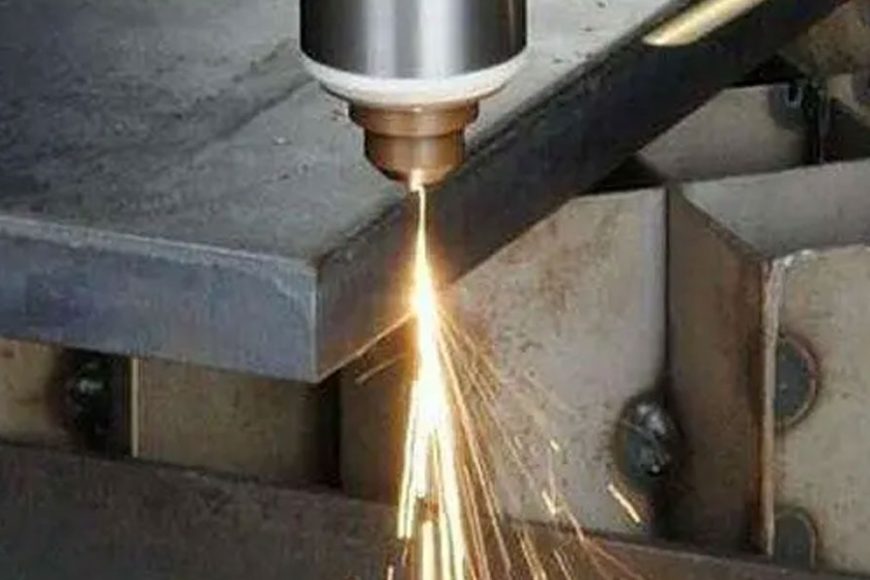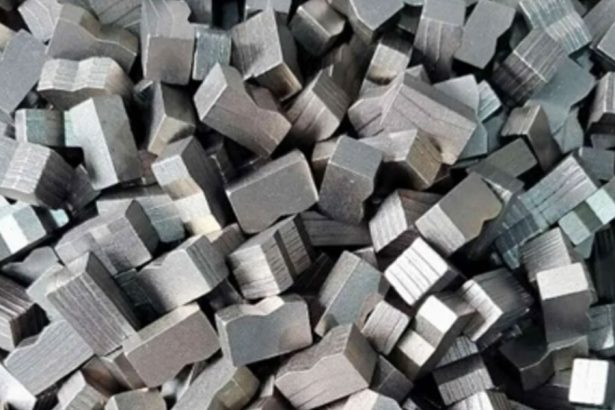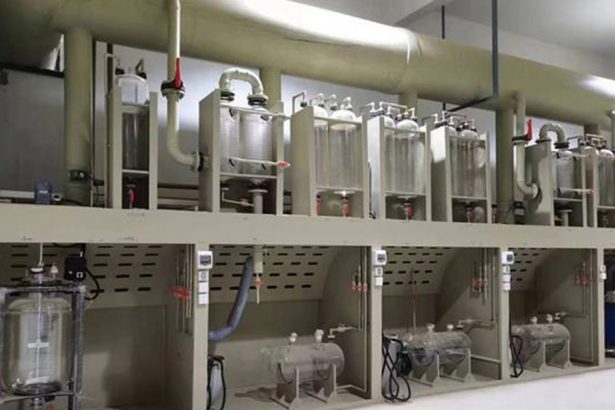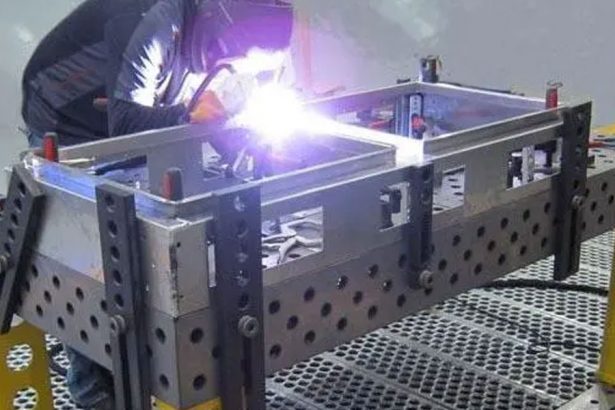Stainless steel, often referred to as the miracle metal, has revolutionized a multitude of industries over the years. Renowned for its exceptional properties, this alloy, predominantly composed of iron, has made significant inroads in various sectors, becoming the material of choice for an extensive range of applications. This article explores the expansive reach of stainless steel and its impact on industries worldwide, emphasizing its exceptional durability, corrosion resistance, and aesthetic appeal.
The Genesis of Stainless Steel
Stainless steel, first developed in the early 20th century, emerged as a crucial innovation in the metallurgical world. The invention of stainless steel is attributed to Harry Brearley, who created a corrosion-resistant alloy while searching for a more durable gun barrel material. This breakthrough paved the way for the material’s widespread adoption across industries.
Construction and Architecture
Stainless steel’s remarkable corrosion resistance and durability make it a staple in the construction and architecture industry. In architectural design, stainless steel is used to create striking facades, handrails, and roofing systems. The gleaming, pristine finish adds a touch of sophistication, making it an ideal choice for modern and timeless structures.
Transportation
In the transportation sector, stainless steel plays a vital role in ensuring safety and longevity. It is extensively used in the production of aircraft components, railway cars, and ship fittings due to its resistance to extreme temperature variations and harsh environmental conditions. This corrosion-resistant material ensures that transportation systems remain efficient and safe over time.
Medical and Healthcare
Stainless steel has become indispensable in the medical and healthcare industry. Surgical instruments, medical devices, and implants are often made from this material due to its biocompatibility and ease of sterilization. Its non-reactive nature with the human body makes it a prime choice for critical medical applications.
Food and Beverage
In the food and beverage industry, stainless steel’s corrosion resistance is a game-changer. It is utilized for the production of tanks, storage containers, and machinery used in food processing, ensuring hygiene and preventing contamination. Additionally, its smooth surface makes it easy to clean and maintain, a fundamental requirement in this industry.
Energy and Sustainability
Stainless steel’s eco-friendly and recyclable properties have made it a key player in the pursuit of sustainable energy solutions. It is used in the manufacturing of solar panels, wind turbines, and geothermal systems, as it can withstand harsh weather conditions and maintain efficiency over an extended lifespan.
Petrochemical and Chemical Processing
Stainless steel’s resistance to corrosion and extreme temperatures is a boon for the petrochemical and chemical processing industries. It is used in the construction of pipes, tanks, and reactors that handle highly corrosive substances, ensuring safety and longevity in these critical applications.
Water Treatment and Desalination
Water treatment and desalination plants rely on stainless steel equipment for their corrosion resistance and longevity. From piping systems to filtration units, stainless steel plays a pivotal role in providing clean and safe water supplies to communities around the world.
Automotive
Stainless steel’s versatility extends to the automotive industry, where it is used for exhaust systems, decorative trims, and structural components. Its ability to withstand high temperatures and road conditions makes it a reliable choice for enhancing vehicle performance and aesthetics.
Conclusion
Stainless steel’s profound expansion across various industries is a testament to its exceptional characteristics and adaptability. Its durability, corrosion resistance, and aesthetic appeal make it a preferred choice for applications ranging from architectural design to medical equipment and energy production. As innovation continues, stainless steel is poised to maintain and even expand its role in shaping the future of countless industries, contributing to progress, sustainability, and quality of life around the globe. Its remarkable journey is far from over, and it remains a symbol of progress and innovation in the modern world.




